
Financial Inclusion
Global Financial Development Report 2014
Read or listen offline
Amazon KindleRecommendation
Giving more people access to financial services and products means reducing poverty, raising prosperity and advancing global socioeconomic development. This World Bank report wrestles with the far-ranging problem of how to serve individuals and firms that are now excluded from the world of finance. The World Bank’s researchers and writers do not set out to offer concrete solutions, but to present new information and data, and to encourage the continuation of a dialog that matters, especially to the half of the world’s population that has no bank account. The investigators reviewed papers from across the globe to report on currently promising concepts, strategies, trial programs and experiments to reduce “financial exclusion.” They cover savings, insurance, microcredit, financial education, gender bias, legal and regulatory frameworks, and the twin bête noirs of moral hazard and adverse selection. Dozens of figures, maps, tables and three country-by-country appendices of data augment the clearly written text. getAbstract finds this exhaustive study pivotal and extremely significant. Its ambitions touch vast populations of underserved people and the interests of tens of thousands of public officials, stakeholders, international financiers, venture capitalists and the socially conscious, all hoping to raise the quality of life for multitudes.
Summary
About the Author
The World Bank is an international financial institution that aims to reduce poverty by providing credit, advice and resources for capital projects to developing countries.







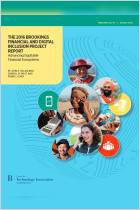
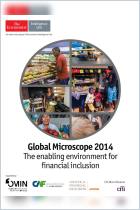
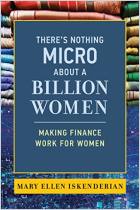
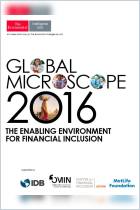
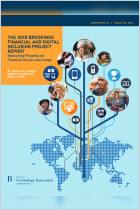
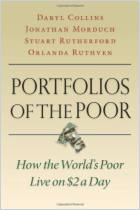







Comment on this summary or Start Discussion